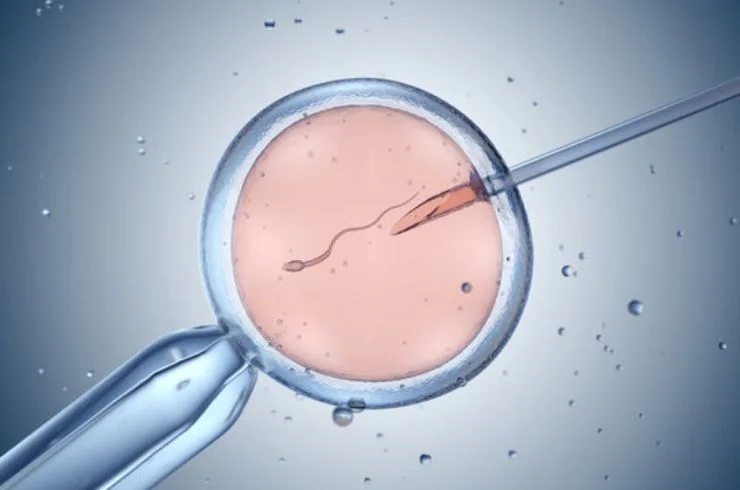FREE IVF Consultation & Scans – Limited Time Only!

At Avira Fertility Hospitals, we pride ourselves on delivering high IVF success rates through personalized care and advanced treatments. Our team of highly experienced fertility specialists uses the latest technology to create customized fertility plans tailored to each patient’s unique needs. This personalized approach ensures you receive the best possible care at every step of your journey to parenthood.
What Sets Our Personalized IVF Treatment Apart?
Advanced Technology: We use state-of-the-art equipment and techniques to maximize your chances of a successful pregnancy. From cutting-edge diagnostic tools to advanced fertility treatments, we ensure that every aspect of your care is backed by the latest medical advancements.
Expert Team: Our fertility specialists have years of experience in treating complex fertility challenges. They work closely with each patient to design a personalized treatment plan based on your specific medical history and fertility goals.
Compassionate Care: At Avira Fertility, we understand that fertility treatment can be an emotional journey. That’s why we offer compassionate care, providing emotional support and guidance throughout the process.
Safety and Standards: Avira Fertility follows all ICMR guidelines, maintains strict medical protocols, and is certified by NABH. This ensures that you are receiving care in a safe, regulated, and high-quality environment.
Free Consultation – Your First Step Towards Parenthood
We offer a Free Consultation to help you begin your fertility journey with confidence. During this consultation, our specialists will discuss your fertility concerns, provide expert advice, and create a customized IVF plan just for you.
Let Avira Fertility Hospitals be your partner in achieving your dream of parenthood. Reach out to us today to schedule your free consultation and take the first step towards a brighter future!